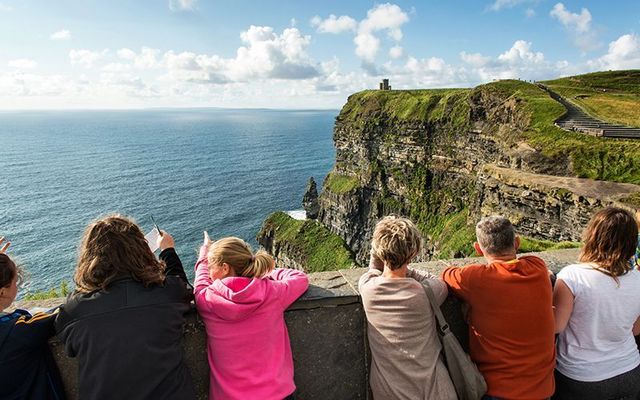Monday, August 26, 2024 Fosun Tourism Group, the Chinese owner of the Club Med resort chain, is capitalizing on the growing interest in winter sports to attract tourists, even as travelers are cutting back on spending for food and accommodations at scenic destinations. The company’s asset-light strategy focuses on maintaining minimal fixed assets on its balance sheet. Club Med currently operates three all-inclusive winter resorts in China.
Winter sports have gained significant traction in China, especially after Beijing’s successful hosting of the 2022 Winter Olympics. According to Daxue Consulting, the number of indoor ski resorts in the country has risen from just five in 2013 to over 50 today, highlighting a booming industry. A recent report by China’s General Administration of Sport revealed that mainland consumers now spend more than 150 billion yuan annually on skiing and skating, averaging 1,000 yuan per person.

In 2020, approximately 150 million people engaged in winter sports, with individual spending averaging below 100 yuan. Fosun Tourism’s Taicang Alps Resort in Jiangsu province, which opened in November last year, attracted 290,000 visitors and generated 113 million yuan in sales during the first half of 2024. In June, Fosun signed an agreement with the Taicang government to expand the resort, with local authorities committing at least 5 billion yuan to develop additional indoor ski slopes and entertainment facilities.
The Taicang resort faces competition from Wintastar, an indoor ski park with three hotels in Shanghai’s Lingang free-trade zone, set to open in September. The complex is being developed by state-owned entities Lujiazui Group and Shanghai Harbour City Development. Meanwhile, Sunac China, another major player, launched its ski training brand, Bonski Sports, in early 2022.
The real estate company aims to leverage the winter sports trend across its 17 all-season ski resorts nationwide. China’s tourism market is experiencing a slowdown as consumers become more cautious about spending due to economic uncertainties. Official data shows that during the Labour Day holiday from May 1 to 5, domestic passenger volume exceeded 272 million daily, a 24 percent increase compared to the same period in 2019.
However, tourism spending during the holiday only rose by 14 percent, reflecting a trend of tourists opting for more budget-friendly accommodations and meals, as noted by research firm Gavekal Dragonomics..



















